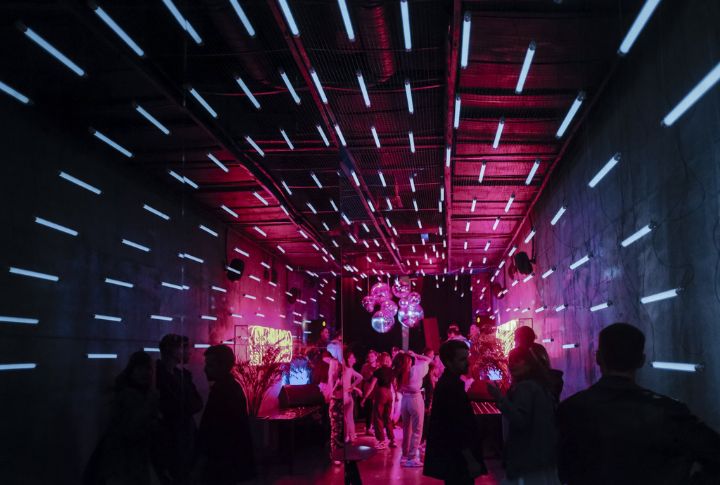
The discipline of refusal defines luxury in 2025. The ultra-wealthy are turning their backs on constant connectivity, and they’re embracing silence over screen time. A dinner without a phone and a weekend without notifications have become status symbols. But is digital minimalism just a trend?
The Status Symbol No One Saw Coming

The idea of flaunting wealth through material goods is fading. Now, exclusivity lies in the ability to disconnect. Private retreats, invitation-only events, and off-grid getaways are coveted by those who value presence over pixels. The message is clear: real power means controlling your attention, not your followers.
Tech-Free Retreats Are The New Five-Star Experience

Luxury hotels used to have infinity pools and Michelin-star dining. Now, they advertise no Wi-Fi and lockboxes for your phone. High-end resorts report increased demand for “digital detox” packages, where guests trade screens for solitude. This proves that the absence of technology is now the ultimate indulgence.
A Decline In Digital Clout?

Influencers chase engagement, but those who resist the urge for validation hold something far more powerful—mystique. Now that visibility is everything, stepping away takes confidence. Actual influence is reflected in the ability to be selectively present by maintaining an air of mystery in an age of constant exposure.
The Art Of Presence

Business moguls and cultural elites enforce “phone-free” policies at gatherings to foster deeper connections. In 2025, the genuinely affluent will be recognized by their undivided attention rather than material displays. With distractions removed, uninterrupted conversations—once rare—are becoming the new marker of sophistication.
High Performers Are Logging Off To Get Ahead

Excessive screen time has been associated with reduced cognitive function. Recognizing this, high achievers are setting strict digital boundaries. Many CEOs now avoid emails after hours and ban devices in meetings, which redefines productivity by prioritizing focus and clarity over constant availability.
Exclusive Social Circles Are Going Off-Grid

Private clubs are emphasizing face-to-face interactions by making them accessible only to those who commit to being present. Invitations are now handwritten, and phone use is restricted to encourage uninterrupted conversations. Some elite communities have even abandoned social media entirely to redefine exclusivity as the ability to be fully engaged.
A New Kind Of Privilege

The affluent are reclaiming control over their schedules, valuing presence above constant digital demands. In a screen-saturated world, true luxury is disconnecting and embracing uninterrupted moments. Those prioritizing undistracted living now hold the ultimate privilege: escaping the digital rush to experience life on their terms.
Analog Pleasures Are Making A Grand Comeback

A handwritten note. A printed book. A vinyl record spinning under a needle. The digital age promised convenience, but nostalgia for the tangible is growing. Those seeking authenticity embrace analog experiences to prove that sometimes, the simplest joys hold the greatest value.
Creativity Thrives In The Quiet

Silence is becoming the secret ingredient of innovation. Artists, writers, and entrepreneurs are stepping away from digital noise, allowing their minds to wander freely. Without the constant flood of notifications, ideas have space to take shape, a show that true creativity thrives not in the scroll but in the stillness.
“Tech-Free” Public Spaces In Cities

Urban planners are recognizing the need for digital-free zones as screen addiction becomes a growing concern. Parks and cafes are being designed to encourage human interaction without digital distractions. This also includes public libraries and art galleries, which are embracing tech-free initiatives.
